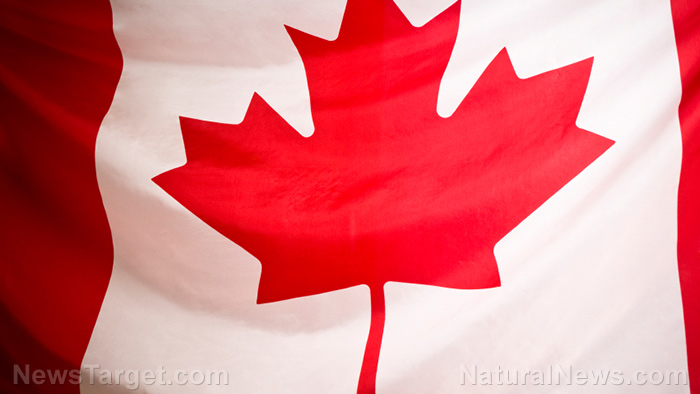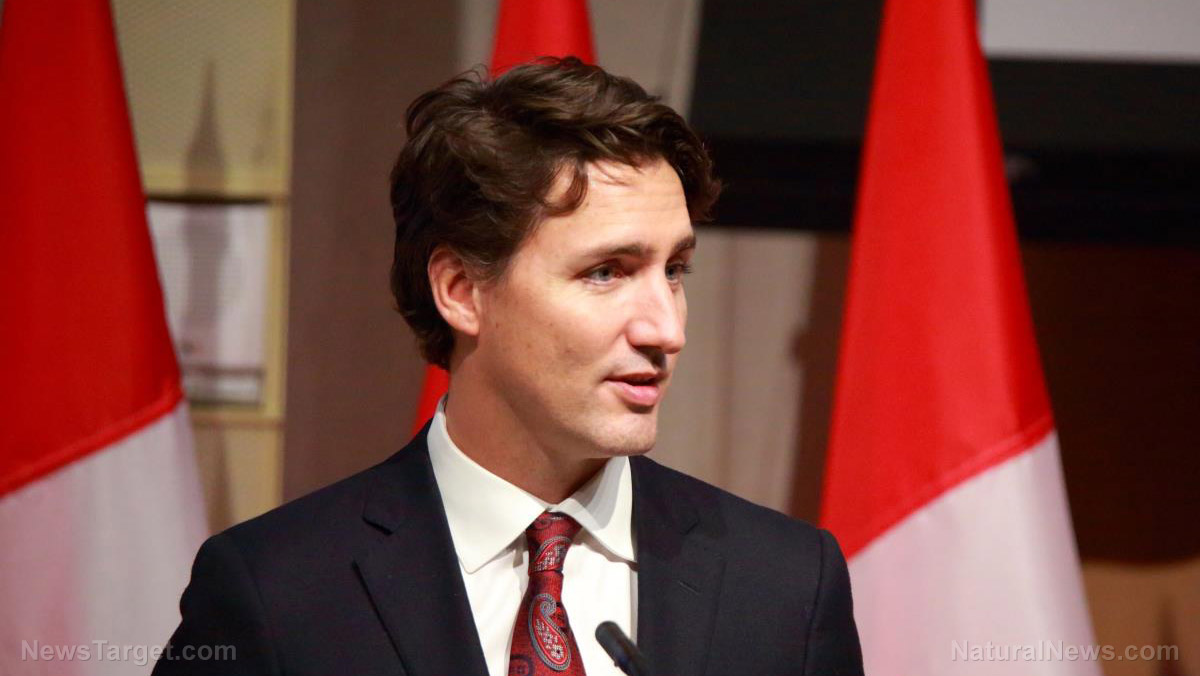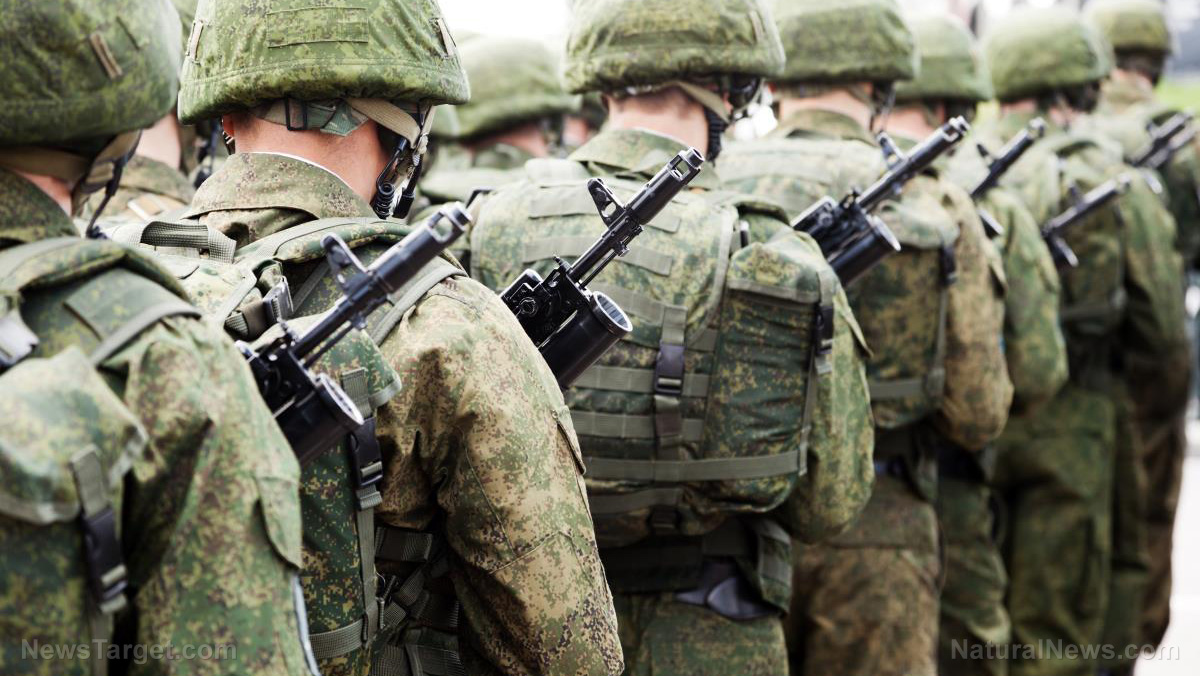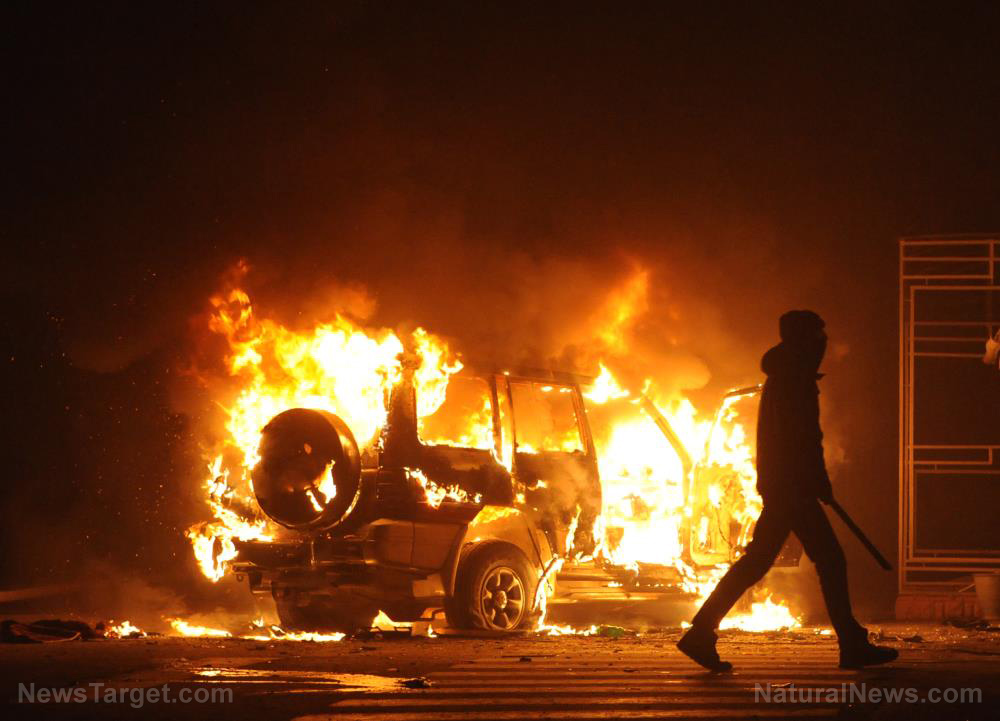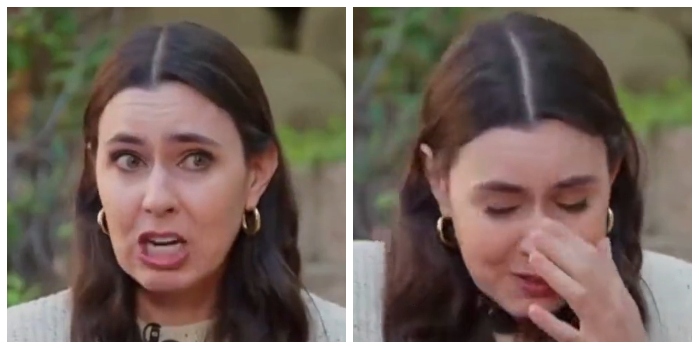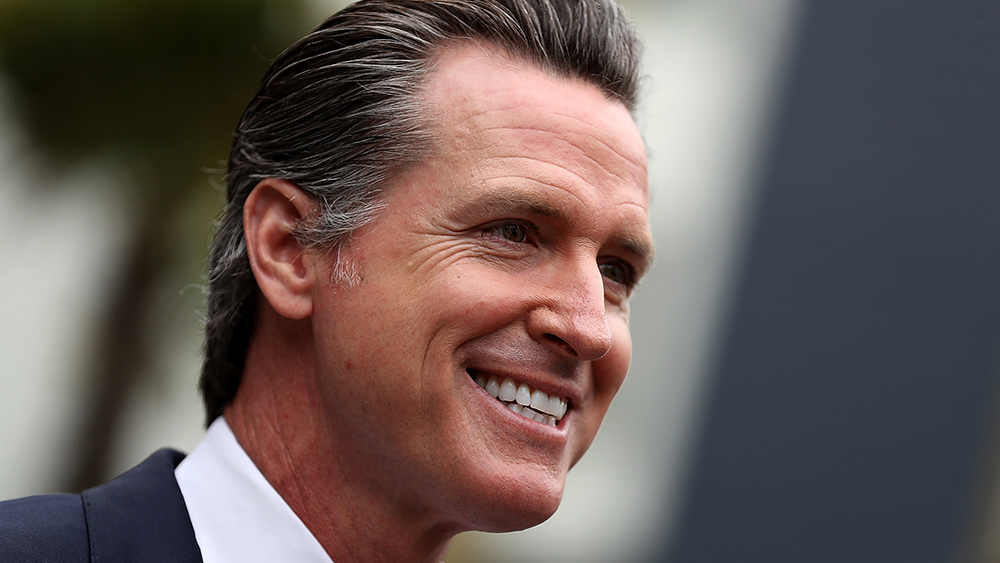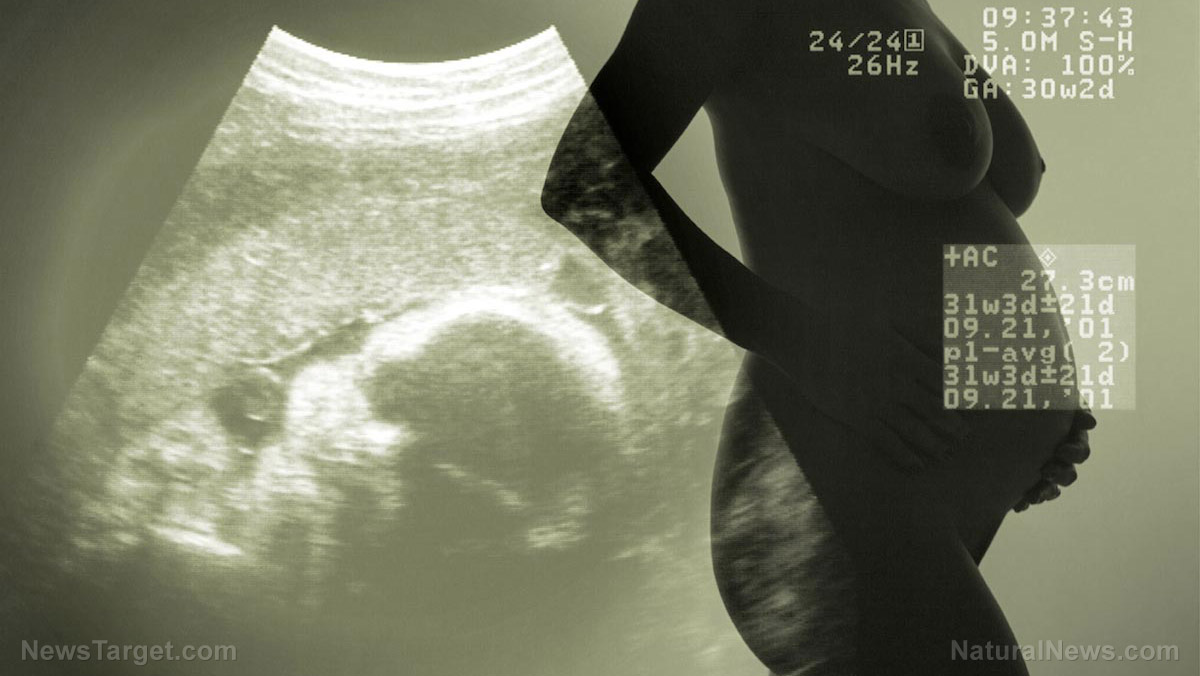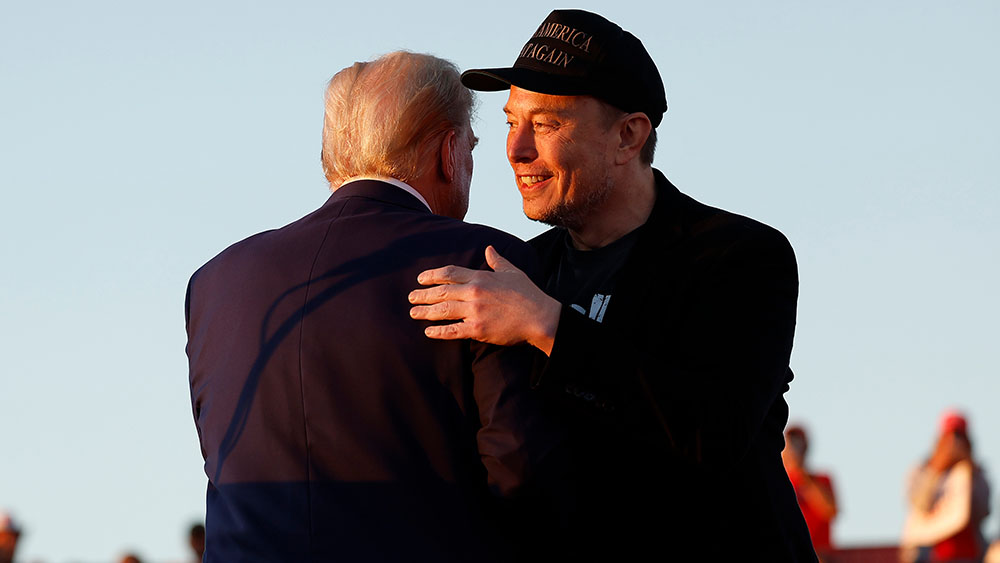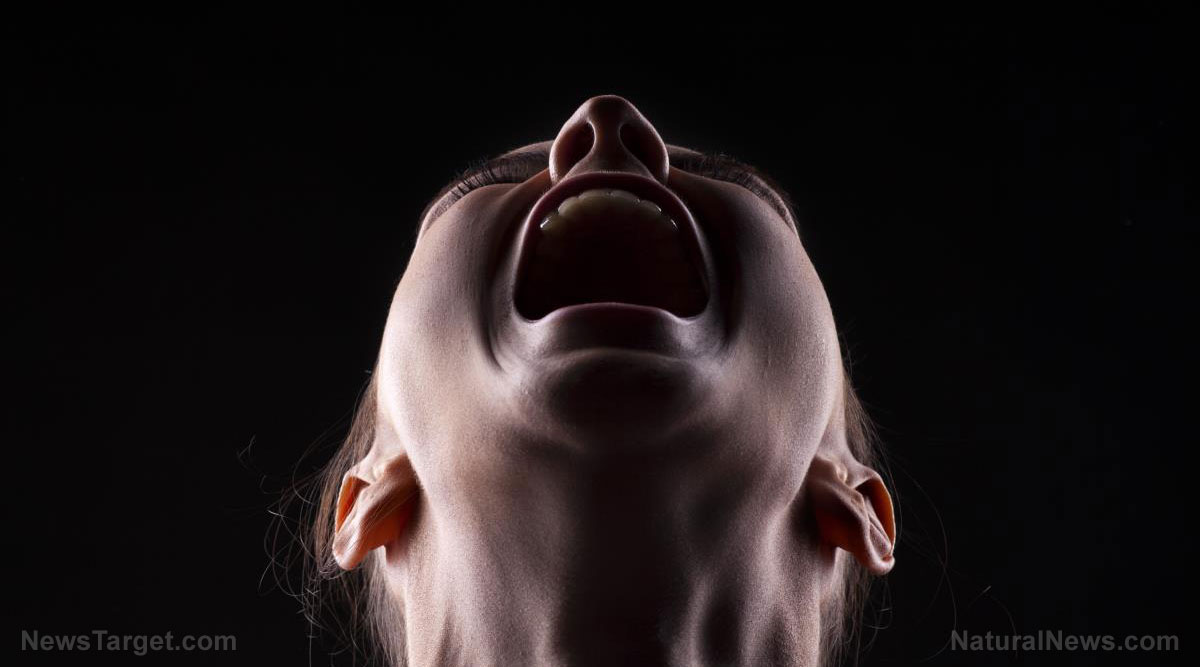Justin Trudeau announces RESIGNATION after nearly a decade in power, sparking calls for snap election
01/07/2025 / By Arsenio Toledo

- Canadian Prime Minister Justin Trudeau will step down as Liberal Party leader and prime minister once a successor is chosen, ending his nine-year tenure amid declining public support and internal party divisions.
- Trudeau secured Gov. Gen. Mary Simon’s approval to prorogue Parliament until March 24, halting legislative activity – and a no-confidence vote – to allow the Liberals time to hold a leadership election.
- Trudeau’s resignation comes as the Liberal Party faces a crisis of dwindling popularity and internal party fracturing.
- Opposition leaders like Conservative leader Pierre Poilievre and the NDP’s Jagmeet Singh are pushing to bring down Trudeau’s government early and trigger a snap election.
Canadian Prime Minister Justin Trudeau announced Monday, Jan. 6, that he will step down as leader of the Liberal Party and as prime minister once a successor is chosen, marking the end of a tumultuous nine-year tenure.
The decision, made amid plummeting public support for his Liberal Party and internal party strife over Trudeau’s continued leadership, has ignited fierce criticism from Leader of the Opposition and Conservative Party chief Pierre Poilievre, who dismissed Trudeau’s impending resignation as a “trick” to keep the Liberals in power for a few more months.
Trudeau’s decision to eventually step down also came with an announcement that he has received the support of Gov. Gen. Mary Simon to prorogue Parliament until March 24, during which time the House of Commons will not be able to meet except during an emergency session. This time will allow the Liberals to hold a leadership election.
Trudeau, 53, made the announcement outside his official residence, Rideau Cottage, after weeks of speculation about his political future. He cited internal party divisions as the primary reason for his decision, stating that he could no longer effectively lead the Liberals into the next election.
“This country deserves a real choice in the next election, and it’s become clear to me that if I’m having to fight internal battles, I cannot be the best option in that election,” Trudeau told reporters.
The prime minister’s resignation comes at a time of deepening political crisis for the Liberal Party. Recent polls show the Conservatives leading with 45 percent support, compared to just 16 percent for the Liberals. Over half of Canadians, according to an Ipsos survey, want an immediate election to remove Trudeau “at the earliest opportunity.” The Angus Reid Institute found that 38 percent of respondents favor an election as early as February, rather than waiting until the constitutional deadline of Oct. 20. (Related: Poll: Support for Conservatives in Canada’s Ontario Province rises to 51%.)
However, Canadians are unlikely to see an election until early May following Trudeau’s decision to prorogue Parliament until March 24 and the government’s requirement that an election period must be a minimum of 36 days.
Trudeau’s decision to prorogue Parliament until March 24 has drawn sharp criticism from opposition leaders, who accuse him of delaying accountability.
Prorogation effectively halts all parliamentary activity, including pending bills and committee work –and any potential no-confidence motions from the opposition – while allowing the government to remain in power. This has drawn sharp criticism from opposition leaders like Poilievre, who have accused Trudeau of delaying accountability with prorogation.
Trudeau defended the move, saying it would “decrease the level of polarization” in Canadian politics and give the Liberals time to select a new leader.
Canadian conservative and left-wing opposition leaders call for snap election
Poilievre dismissed Trudeau’s resignation as a cynical ploy to maintain Liberal control.
“Nothing has changed,” Poilievre wrote on social media. “Every Liberal MP and leadership contender supported EVERYTHING Trudeau did for 9 years, and now they want to trick voters by swapping in another Liberal face to keep ripping off Canadians for another 4 years, just like Justin.”
Poilievre called for an immediate election, arguing that only a Conservative government could reverse the damage caused by Liberal policies.
Trudeau’s resignation follows months of internal dissent within the Liberal Party. At least two dozen MPs and several regional caucuses had called for his departure before the holiday break. The resignation of Deputy Prime Minister Chrystia Freeland in December from Trudeau’s cabinet further underscored the fractures within the government.
The Liberal Party now faces the daunting task of selecting a new leader who can unite the party and counter Poilievre’s surging Conservatives. Names floated as potential successors include Freeland herself, as well as cabinet ministers Dominic LeBlanc and Melanie Joly and former Bank of Canada Gov. Mark Carney. The leadership race is expected to be highly competitive, with the winner tasked with salvaging the Liberals’ dwindling election prospects.
Meanwhile, opposition leaders are preparing to capitalize on the Liberals’ vulnerability. Jagmeet Singh, leader of the left-wing New Democratic Party who previously helped prop up a Liberal minority government in exchange for policy concessions, said his party would vote at the earliest possible time to bring down Trudeau’s government and usher in an early election.
“The problem is not just Justin Trudeau. It’s every minister that’s been calling the shots,” Singh said in a statement. “The Liberals do not deserve another chance, no matter who is the leader.”
Watch this video showing Prime Minister Justin Trudeau’s full statement regarding his resignation.
This video is from the Cynthia’s Pursuit of Truth channel on Brighteon.com.
More related stories:
NDP leader Jagmeet Singh vows to introduce motion of no confidence against Trudeau.
Canadian PM Justin Trudeau contemplates resignation as tariff war with the U.S. looms.
Members of Justin Trudeau’s own party sign document calling for his resignation.
Trudeau willing to make a deal with Quebec nationalists to prevent snap election.
Sources include:
Submit a correction >>
Tagged Under:
big government, chaos, Chrystia Freeland, Collapse, Conservative Party of Canada, elections, Jagmeet Singh, Justin Trudeau, Liberal Party, NDP, New Democratic Party, Pierre Poilievre, politics, Prime Minister, prorogation, snap election
This article may contain statements that reflect the opinion of the author
RECENT NEWS & ARTICLES
COPYRIGHT © 2017 LIBTARDS NEWS


